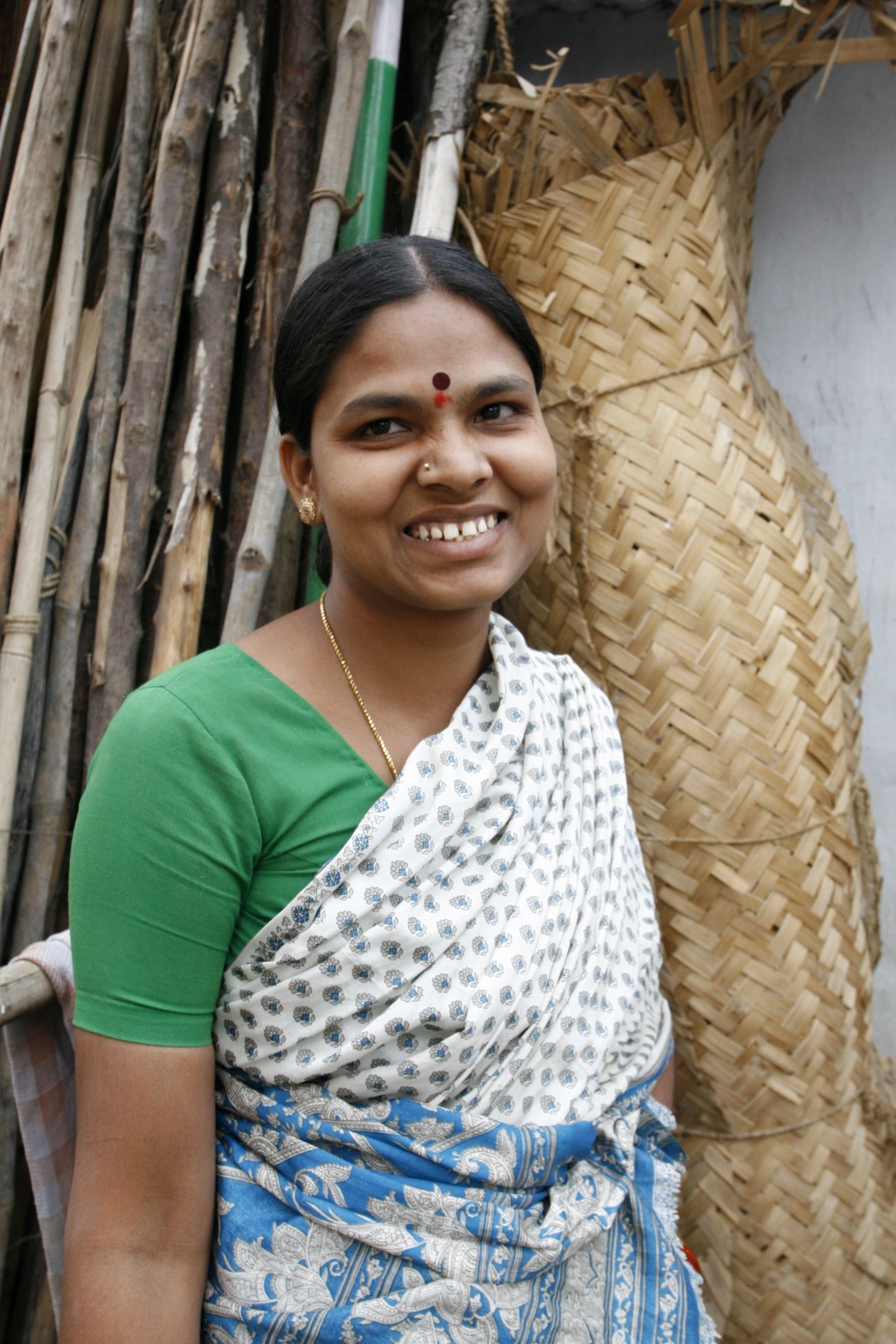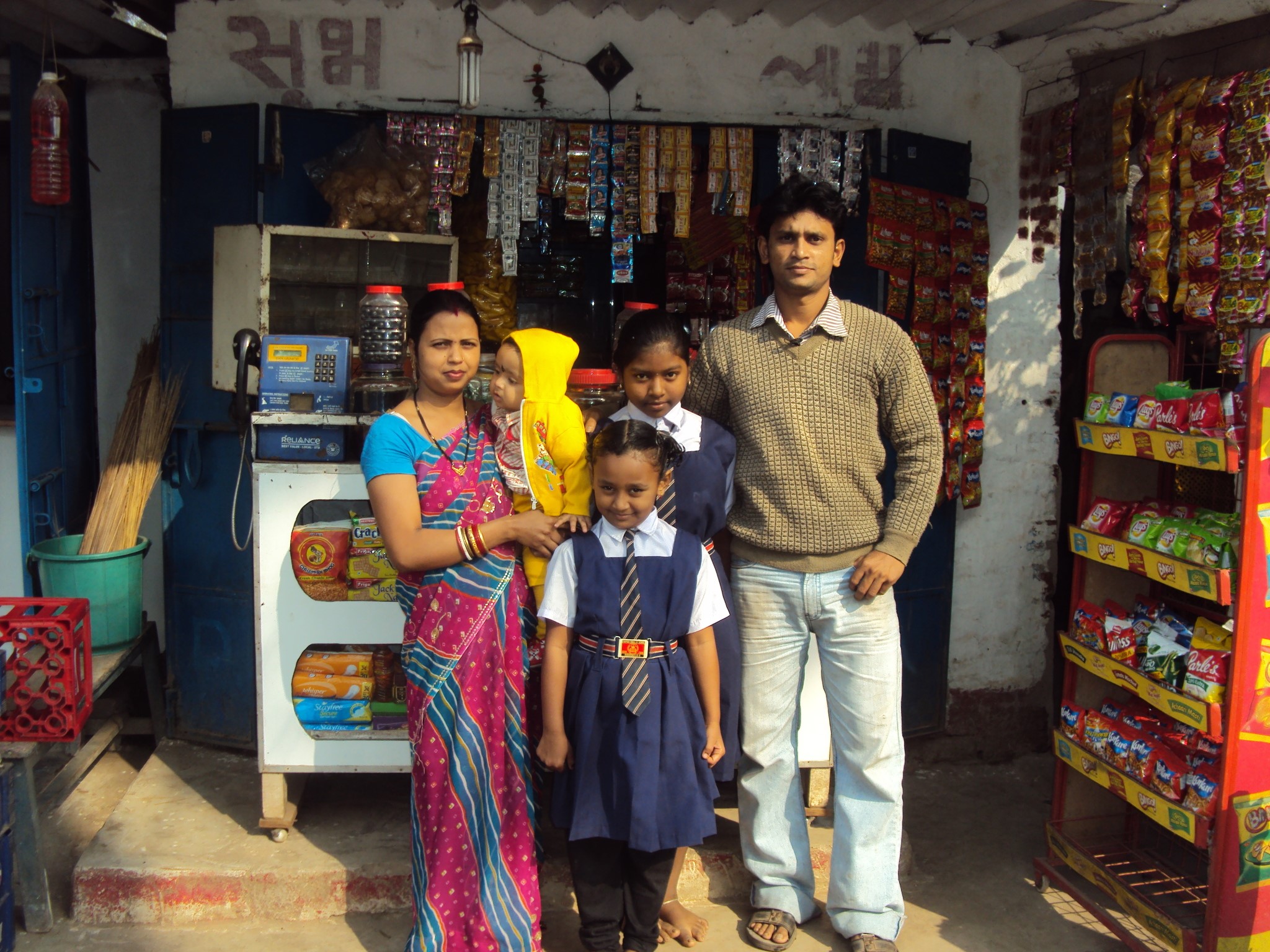World Entrepreneurs’ Day: Celebrating Entrepreneurs’ in Developing Countries
On World Entrepreneurs’ Day on 21 August, we celebrate entrepreneurs everywhere for their courage, resilience and creativity. Entrepreneurship is celebrated in Western culture more than it was twenty years ago, especially in areas such as Silicon Valley. In many places, business failure is seen as a rite of passage. Something you learn from so you don’t make the same mistakes in your next start-up. But in developing countries, entrepreneurs can’t afford to fail. Failure is not an option for them. Failure means there is no money to put food on the table that night for their family. No money for clean water. No money so the children can go to school and through their education and future job opportunities break the cycle of poverty in which their families have been trapped for generations.
What stands out for me about the entrepreneurs I’ve met in developing countries is their work ethic. They work like hammer and tongs to make their businesses succeed. On one visit to India with Opportunity International Australia, I was particularly intrigued by a group of women who, over the years, received and paid back four or five rounds of loans to kick start, then expand, their businesses. They all worked incredibly hard to just survive. To feed their children each night. What drove them was their will to survive. To ensure the survival of their children.

Another thing that stands out for me about these entrepreneurs is the way they look to diversify and grow their businesses. I remember talking to a young woman who used a loan from Opportunity to set up a little corner store in a slum. The families in her community had to walk a long distance to get basics like fresh milk. So, the young women thought that if she purchased a fridge to store milk she could sell the milk to members of her local community and increase her revenues. She received a second loan from Opportunity and bought the fridge. Her little business is thriving. Her growth and expansion pathway forward was very simple, but also very successful.
Entrepreneurs like this young woman think outside of the box and implement very simple diversification and growth strategies that often succeed. This was a real lesson to me. Even though it was small scale, it was smart. The entrepreneurs I’ve met in developing countries think differently about business ideas compared to those in Australia. What they’re thinking about is feeding their family each day and sending their children to school.

Opportunity has the most sustainable model of poverty alleviation I’ve ever seen. Donations made to Opportunity go to families as small loans to help them build businesses and earn regular incomes. They pay back the loan and it’s recycled so that someone else can have the same opportunity. I’m passionate about how the microfinance model works on a large scale and the longevity of each donation. The way each donation can be used to help families lift themselves out of poverty.
I’ve been on some Insight Trips to developing countries to meet the women who receive loans from Opportunity. I’d encourage other entrepreneurs to do the same, particularly if you’re trying to decide which charity to support. Seeing microfinance work on the ground reinforces my passion for Opportunity and the sustainable model of poverty alleviation it’s implementing. I’m so heartened to see how the loan recipients grow in confidence as they expand their businesses to the point they need to employ other people. Within one generation, they can break the cycle of poverty and I don’t know of any other model of poverty alleviation as powerful.
World Entrepreneurs’ Day puts the spotlight on all entrepreneurs who are putting themselves on the line to create new businesses. For me, it’s a tremendous opportunity to celebrate the entrepreneurs in developing countries who work tirelessly to grow small businesses and help their families break the crippling cycle of poverty. I’m intrigued by the confidence of many entrepreneurs in developing countries given their incredibly tough circumstances. Their confidence against all odds.